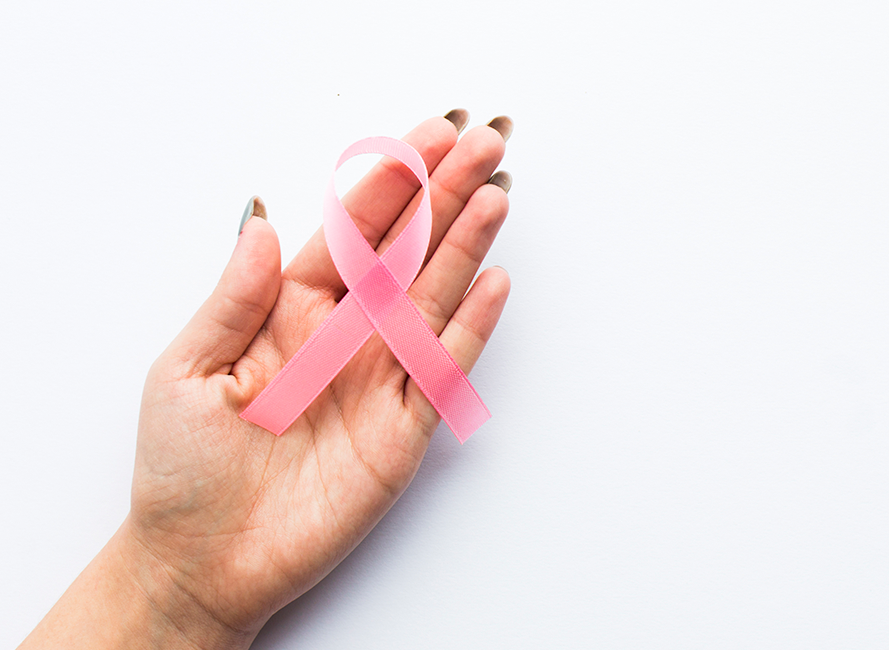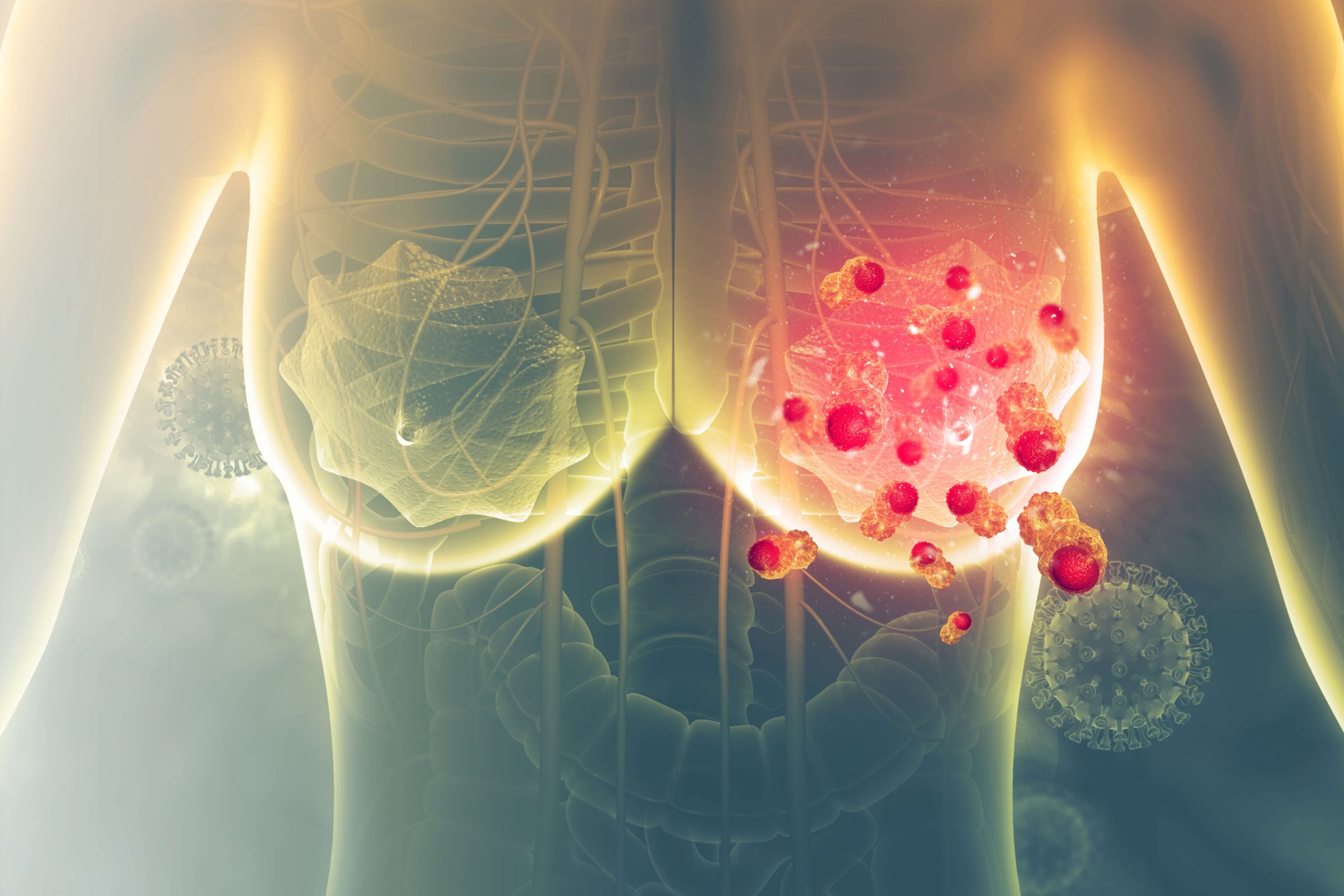Breast Health
Breast Engorgement: Causes, Symptoms & Treatment

What Is Breast Engorgement?
Breast engorgement occurs when your breasts feel extremely full with blood and milk, to the point where they feel painful and hard. This happens due to increased blood flow, lymph fluids, and milk production which can start a few days after childbirth.
You might experience breast engorgement from 3 to 5 days after giving birth and can happen again if you are breastfeeding as the feeding pattern of your baby changes and milk builds up.
Breast engorgement is typically temporary until your body adjusts its milk production to what your baby needs.
What Do Engorged Breasts Feel Like?
Your breasts could feel lumpy, hot, and swollen. The skin of your breasts could feel stretched and look shiny, and you could feel a dull, throbbing pain. You could experience these symptoms in one breast or both breasts.
Your nipples may be flat and hard and your body temperature could increase to around 37.5°C to 38.3°C. You may find it more difficult to breastfeed, as your baby can’t latch on as easily to flatter nipples. You are also more likely to have sore nipples due to harder breast tissue.
What Causes Breast Engorgement?
Breast engorgement typically happens when your breasts are too full with milk, blood, and lymph fluids. Here are some reasons why you might be experiencing breast engorgement:
- Baby not latching well – Milk flow increases significantly 3 days after delivery. If your baby is still unable to latch well and empty the milk in your breasts, your breasts will feel engorged. The engorgement may then make it more difficult for the babies to latch.
- Not pumping breast milk when breastfeeding is skipped – You might not plan to breastfeed your baby, but if you don’t express the milk when it comes in, it can lead to breast engorgement.
- Producing too much milk – If you express milk too often, you might be producing large amounts of milk that your baby doesn’t need. This can cause breast engorgement if the milk accumulates in the breasts.
- Waiting too long since the last feeding or pumping session – This may happen if you are at events or hosting visitors to your house and forget to feed your baby or pump when you need to.
- Breastfeeding a sick baby – If your baby is sick with an ear infection, stuffy nose, or any other illness, he or she may be having problems feeding. This can cause milk to build up and lead to breast engorgement.
- Giving formula milk between feeding sessions – If you are giving your baby formula milk between feeding sessions, your baby might feed less which would not be sufficient to drain your breasts. You may need more time before your breasts adjust to producing less milk.
- Weaning your baby too quickly – Your breasts need time to adjust and decrease milk production. You may want to slow down the process of weaning or pump milk more often to reduce the likelihood of breast engorgement.
Latest Articles
How Are Abdominal Hernias Treated?
What to Expect from Colorectal Surgery
How to Treat Breast Inflammatory Conditions
Gynaecomastia: Understanding Male Breast Cancer
What Are Some Common Symptoms Of Breast Engorgement?
- Swollen breasts that feel hard and tender – They may feel heavy, lumpy, and warm to the touch if they are very engorged. While your breasts may grow a few cup sizes after you give birth, swollen breasts look larger than normal and may take longer to return to your normal size after feeding or expressing milk. You may experience swelling in one or both breasts and the swelling can extend to your armpit.
- More noticeable veins under the breast’s skin – Due to higher blood flow to your breasts, you might notice that your veins under your breasts are more obvious. The tightened skin stretching over your engorged breasts can also contribute to the more noticeable appearance of veins.
- Flattened nipples – The areola, which is the dark area around your nipple, can become hard. Your baby may have difficulty latching on as a result.
- Slight fever – You might have a fever of around 38°C as a result of engorged breasts. While it is safe for you to continue breastfeeding, it is recommended you let your doctor know you are experiencing a fever as it can be indicative of other infections.
- Reddish, warm area on your breast – If you find reddish areas that are painful, tender and warm, you may need to contact your doctor immediately as this may indicate an infection.
Managing Breast Engorgement
- Get your baby to feed as often as possible – You can breastfeed every one to two hours and try to breastfeed even if your baby is sleepy. You can also wake your baby up to breastfeed. Keeping your baby in contact with your chest may encourage your baby to feed frequently. If your breasts don’t feel softer after feeding, your baby may not be getting milk effectively so you may need to check with your lactation consultant if your baby is latching on in the right way.
- Express milk using your hands or a manual pump – This is usually gentler than using an electric pump and doing this can soften your breasts so that your baby can latch on easily. Using an electric pump frequently can help to reduce breast engorgement but can also stimulate your body to increase milk production.
- Apply a cold compress after feeding – If your breasts still feel swollen and tender after breastfeeding, you can put on a cold compress (ice pack/frozen cabbage leaves) for 10-15 minutes to bring down the swelling and pain.
How To Prevent Breast Engorgement?
- Breastfeed your baby every 2-3 hours and don’t place a time limit for your baby to feed. Let him or her drain one breast fully before switching to the other breast.
- Ensure that your baby can latch on properly and you can visit a lactation consultant to make sure your baby has a good latch.
- Pump milk if you are away from your baby and unable to breastfeed at the usual times.
- Wean your baby slowly so that your body can gradually decrease milk production over time.
Conclusion
Breast engorgement is caused by increased milk production and blood flow which can lead to swollen and tender breasts that feel extremely full.
Your body needs time to adjust its milk production to your baby’s needs. To reduce breast engorgement, feed your baby, or express milk regularly. You can also seek help from your lactation consultant regarding what you can do to bring down the swelling.
If you develop a high fever or your breast engorgement symptoms don’t subside despite following the tips, visit your doctor as that may indicate an infection.
WHO WE ARE
About SOG Health Pte. Ltd.
Established in 2011, SOG Health Pte. Ltd. (“SOG”) is a leading healthcare service provider dedicated to delivering holistic health and wellness services to the modern family.
With a long and established track record in Singapore providing Obstetrics and Gynaecology (“O&G”) services such as pre-pregnancy counselling, delivery, pregnancy and post-delivery care, the Group has since further expanded its spectrum of healthcare services to include Paediatrics, Dermatology, and Cancer-related General Surgery (Colorectal, Breast & Thyroid).
The Group’s clinics, under its four operating segments of O&G, Paediatrics, Oncology and Dermatology, are strategically located throughout Singapore to provide easy access to its patients.
- Obstetrics
- Gynaecology
- GynaeOncology
- Breast, Thyroid & General Surgery
- Colorectal, Endoscopy & General Surgery
- Dermatology
- Paediatrics
Consult With A Specialist From SOG
Visit one of our specialists today to learn more about your health!
Recommended Obstetricians
Book An Appointment
Fill up this form and our clinic will get back to you shortly.
For general enquiries, please click here.






